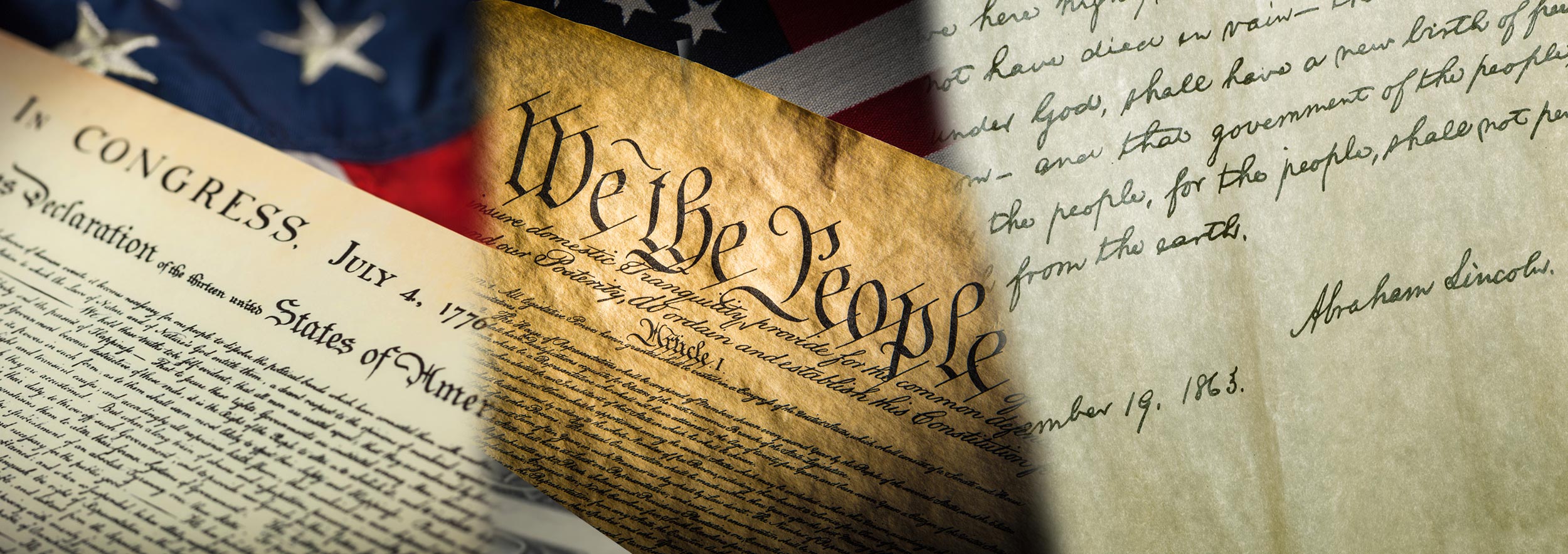Biden, Meet Your Frenemies in Europe
The president-elect longs for ‘normal,’ but inherits an EU courting China and pushing out the U.S.
The Biden administration is committed to restoring normal service in U.S. relations with Europe, but the truth is there is no “normal” left. The European Commission talks of a “new trans-Atlantic agenda for global change,” but the European Union is also rushing to complete a trade deal with China. The incoming administration finds itself at odds with the EU over trade and investment. The Biden crowd should ponder one of President Obama’s favorite lines, “The world is what it is,” and respond with as much realism and as little idealism as possible.
Trans-Atlantic relations may improve in tone, but their content has changed and was changing long before Donald Trump entered the White House. The Cold War ended three decades ago. The fruits of that American-led victory include a liberal, democratic and peaceful Europe. The worm in the apple is that the Europeans can act independently, whether as individual nations or in concert through the EU. The more independent they are, the less they want advice from Americans.
The post-Cold War divergence of American and European interests is usually attributed to the George W. Bush administration’s response to 9/11: the bungled interventions that set off a human wave of migrants and terrorism in Europe; the hostile behavior of the Department of Homeland Security, which remains a powerful disincentive to visiting the U.S. All true, but deeper processes were already at work.
The full quotation, from V.S. Naipaul, is: “The world is what it is; men who are nothing, who allow themselves to become nothing, have no place in it.” In 1945, most of Europe was nothing but rubble. By 1990 Western Europe had remade itself under American supervision and protection. The EU has since expanded to 27 states and sought to secure a place as an independent node in a multipolar world.
Strategic competition with the U.S. is a natural part of that effort. As Sweden’s then-Prime Minister Goran Persson said in June 2001, the EU is “one of the few institutions we can develop as a balance to U.S. world domination.”
To develop that “balance,” France and Germany have cultivated strategic relationships with Russia, Iran and China. Britain has sought to balance its commitments to its European neighbors and its American patron, while being critical of Russia, equivocal on Iran and accommodating to China.
While the U.S. pushes for economic decoupling from China, Germany continues its strategic decoupling from the U.S. Germany, the biggest European investor in China, is open to Chinese 5G technology even though France and Britain have become skeptical. In November Ursula von der Leyen, president of the European Commission, was acclaiming Mr. Biden as a “committed transatlanticist.” At the same time, Angela Merkel was promising Xi Jinping that she would complete the EU-China Comprehensive Agreement on Investment by the end of the year. Ms. Merkel also remains committed to the Nord Stream 2 gas pipeline from Russia, which is nearly complete and would, a bipartisan consensus in Congress believes, damage Europe’s energy independence.
The EU’s trade commissioner Valdis Dombrovskis was scheduled to meet China’s Vice Premier Liu He on Dec. 22, but negotiations were abruptly canceled. Discussion of the investment deal was also dropped from the agenda of an EU ambassadors meeting later that day. The reason appears to be a tweet on the evening of Dec. 21 by Jake Sullivan, President-elect Biden’s choice for national security adviser: “The Biden-Harris administration would welcome early consultations with our European partners on our common concerns about China’s economic practices.”
On the night of Dec. 22, Zbigniew Rau, Poland’s foreign minister, called for “more consultations and transparency” to bring “our transatlantic allies on board.” A good deal, Mr. Rau added, is “better than a premature one.” Franck Riester, France’s junior trade minister, announced that France “can’t facilitate investment in China if we don’t work to abolish forced labour.” Rather than restoring normality to trans-Atlantic relations and empowering the EU as a global partner, the Biden administration has precipitated a split between its two largest economies, Germany and France. And though the U.S. remains influential enough to delay EU initiatives, it cannot, as the Nord Stream 2 saga shows, block them entirely.
The EU’s “road map” for the EU-U.S. summit in 2021 exemplifies the worst of Europe’s old habits. The Europeans ask that the U.S. “ensure funding for the development and equitable global distribution” of Covid-19 vaccines, consent to “a joint trade and climate initiative,” create a “specific dialogue” on “the responsibility of online platforms and Big Tech,” and “fight the rise of authoritarianism, human rights abuses and corruption.”
The agenda contains no EU commitment to reducing ties to Russia, China or Iran. It expects the U.S. to support European powers as they subvert American interests and undermine America’s global position. This is known as having your gateau and eating it. The Biden administration will claim that it has restored the old amity with Europe, but the EU’s new world is what it is: a growing strategic problem for the U.S., in which historic partners claim to be allies but act as they choose.
Mr. Green is deputy editor of the Spectator (US)


Leave a Reply